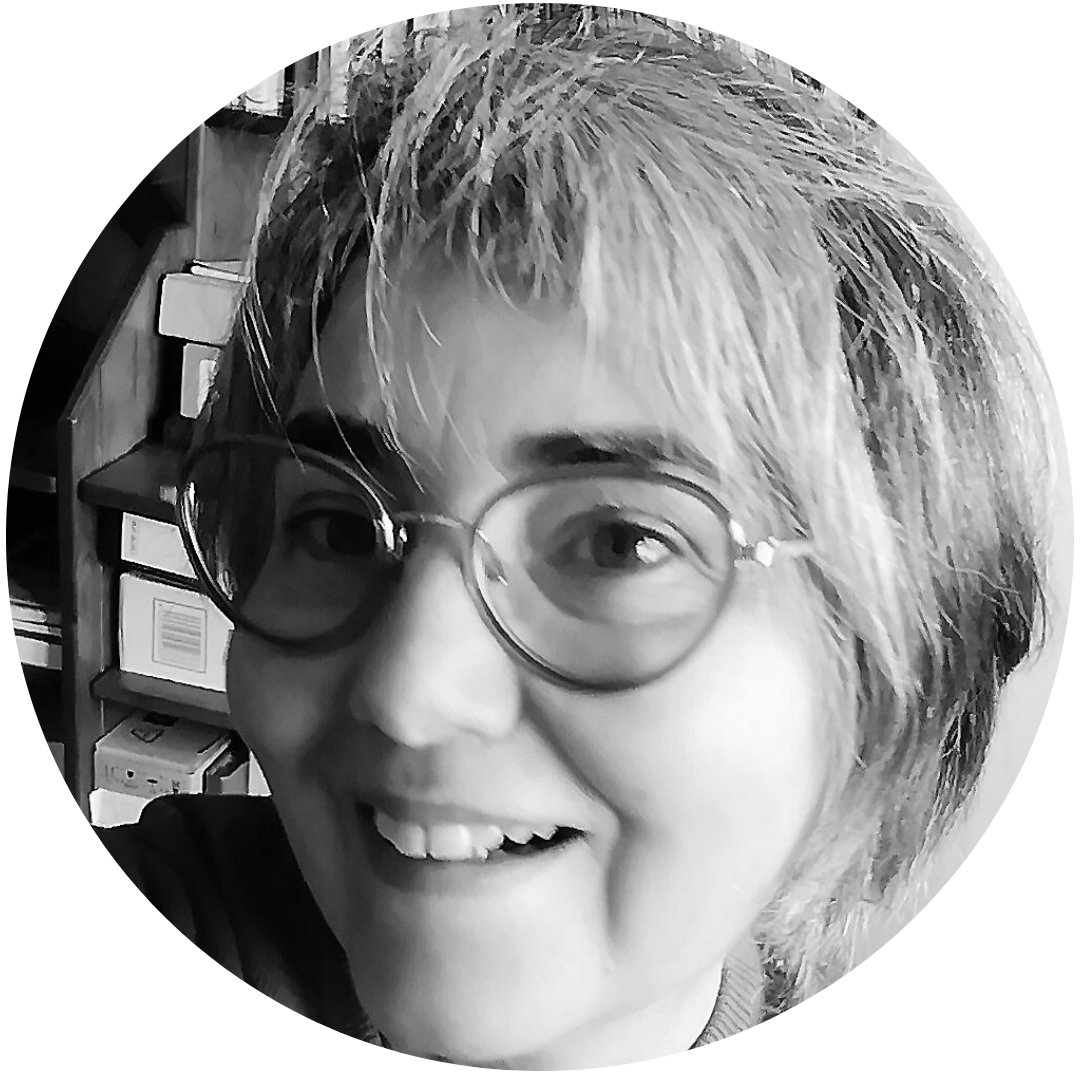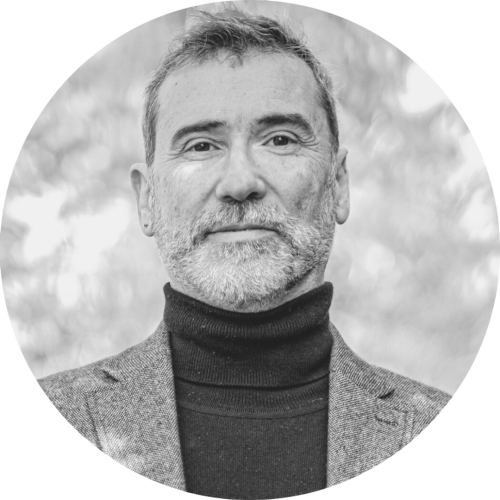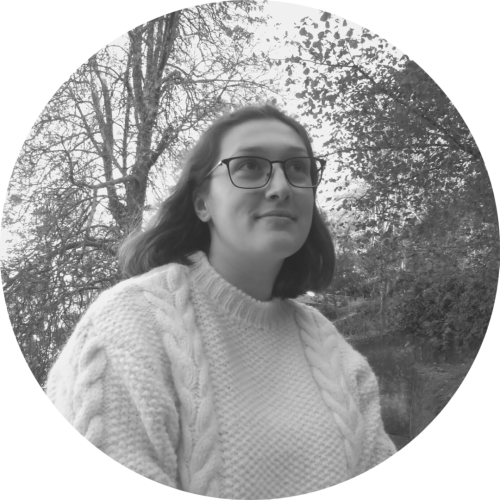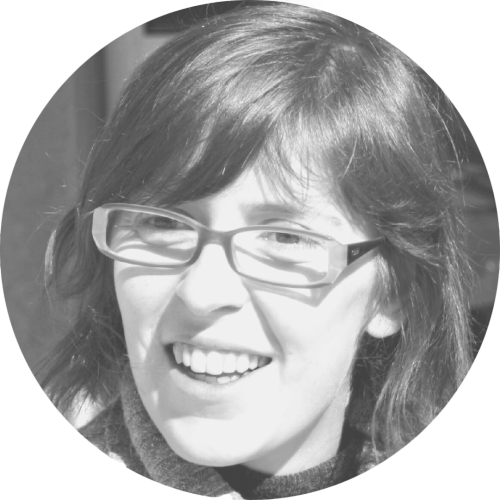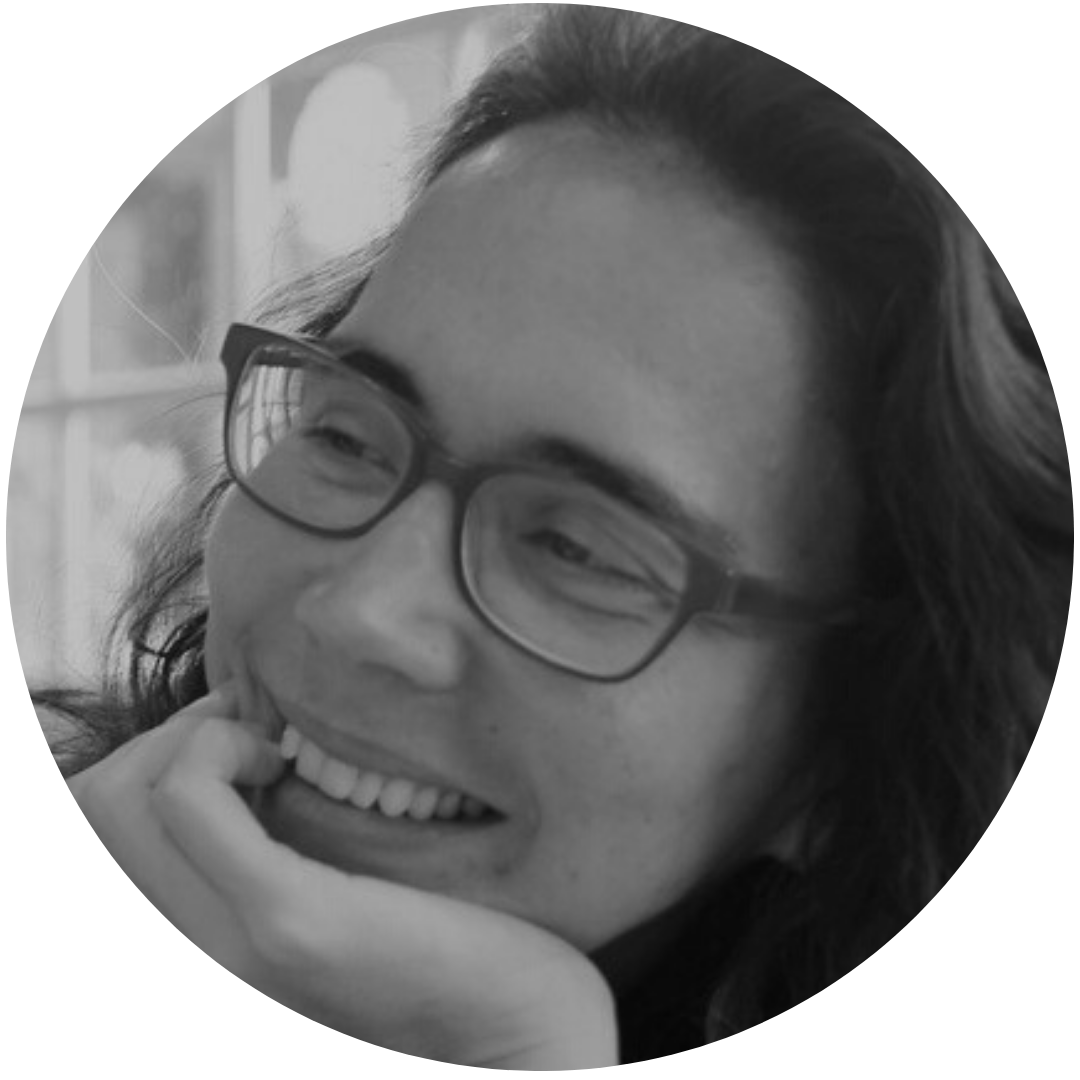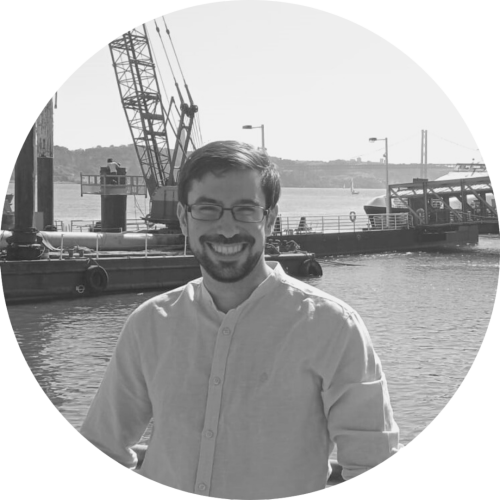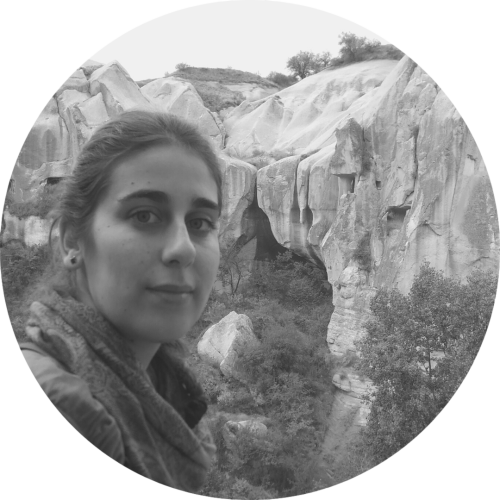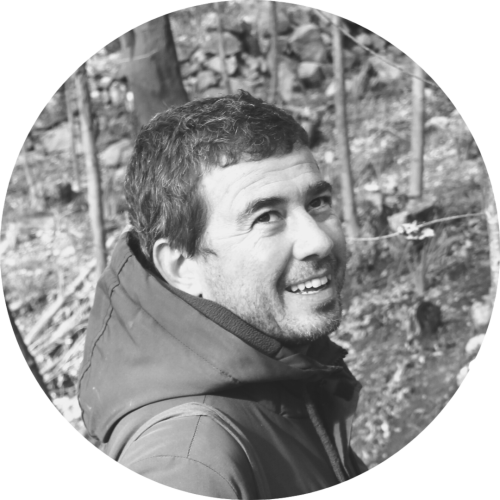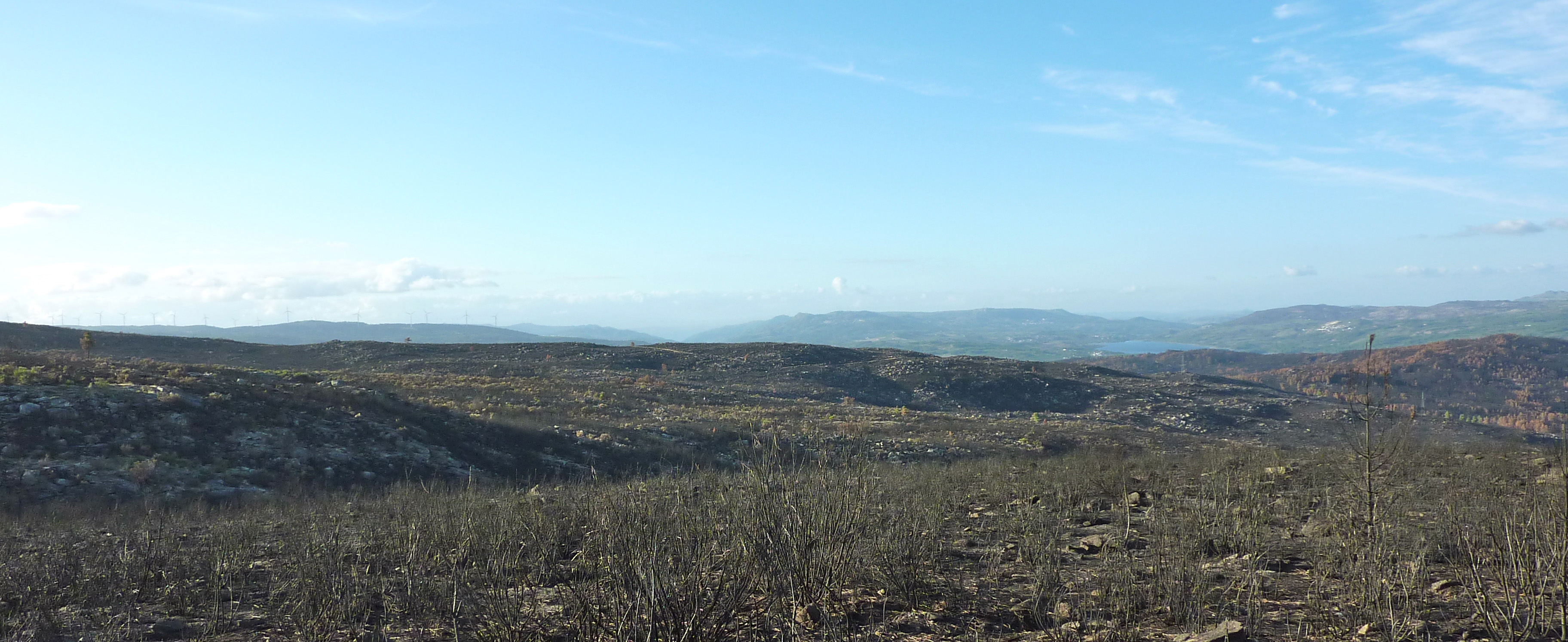Team
Ana Isabel Queiroz
From my educational and professional experiences in the fields of Ecology, Nature Conservation and Environmental History, an interest in the construction of contemporary landscapes has emerged. As both cause and consequence of this process, fires in rural areas, their materiality, life experiences and representations, reveal their crucial role in the social and environmental history of rurality itself. FIREUSES as an interdisciplinary project addresses that complexity inherent to multiple looks at science, politics and society, which I follow in recent years. I am graduated in Biology, PhD in Landscape Architecture, teacher in the NOVA FCSH – Department of Geography and Regional Planning, and researcher in the IHC – Institute of Contemporary History.
Bárbara Direito
Holds a PhD from the University of Lisbon (2013) and since September 2019 she has been a junior research fellow at the Centro Interuniversitário de História das Ciências e da Tecnologia (NOVA School of Science and Technology), where she is developing research about livestock and veterinarian policies in colonial Mozambique. She has been interested in different topics connected with the history of colonial Mozambique in the 20th century, in particular in the fields of agrarian history, history of medicine and environmental history, on which she has published in national and international journals.
Francisco Moreira
Principal investigator of the research group ‘Biodiversity in Agricultural and Forest Ecosystems’, CIBIO Research Centre on Biodiversity and Genetic Resources, University of Porto, Portugal. Also member of the CIBIO pole at the Institute of Agronomy, University of Lisbon. Main current research topics include the environmental impacts of changing agricultural management in the Mediterranean and wildfire management. He was the Chair of COST Action FP0701 ‘Post-fire management in Southern Europe’ (2008-2012; with 22 participating countries) and the coordinator of the PHOENIX project centre of the European Forest Institute (2005-2012), a consortium of 25 research organizations carrying out research on fire ecology. Main editor of a book on fire ecology published in 2012 by Springer.
Frederico Ágoas
PhD in Sociology (2011), NOVA FCSH. He is currently a research fellow at the Interdisciplinary Center for Social Sciences, Universidade Nova de Lisboa (CICS.NOVA FCSH), under a research contract sponsored by FCT (Fundação para a Ciência e a Tecnologia). He was a postdoctoral fellow at the Getulio Vargas Foundation (FGV, Rio de Janeiro, Brazil). He works on historical sociology, the history of the human sciences and the sociology of knowledge. His current research interests comprise the history of empirical social research, modern state building and colonial science. He is a member of the ISA Research Committee on the History of Sociology (ISA RC08) and the Network for History of Empirical Social Research (NHESR). At CICS.NOVA he coorganizes the permanent research seminar Cultura, Ciência e Política em Portugal no Século XX.
Inês Costa
Graduated in Public Administration and Territorial Policies (2018-2020) from the Higher Institute of Social and Political Sciences (ISCSP), she is finishing her Master's degree in Territorial Management with a specialisation in Environment and Natural Resources (NOVA FCSH, 2020-2023) . She has recently trained as a Senior Technician in Quality Environment and Security.
Inês Gomes
Degree in Biology, master's degree in Georesources and PhD in History and Philosophy of Science. In her PhD, she crossed methodological approaches from the history of science, the history of collections and heritage studies. Subsequently, she expanded her research objectives and interests to Environmental and Rural History, collaborating with the Institute of Contemporary History, and as a researcher at the Center for Interdisciplinary Studies at the University of Coimbra and at the Interuniversity Center for the History of Science and Technology. Recently she has been interested in the relationship between science and governance, in particular with regard to the management of natural resources.
Joana Jerónimo
Graduated in Sociology (2018-2020) from the Faculty of Social and Human Sciences (FCSH) at Universidade Nova de Lisboa, with a minor in Geography and Regional Planning from the same institution. I’m finishing my master’s degree in Territory Management, specializing in Environment and Natural Resources (NOVA FCSH, 2020- 2023). My academic training stimulated my interest in the intersection between social and environmental issues, which led me to the issue of rural fires, the focus of my master’s thesis.
Joana Sousa
Researcher at the Centre for Social Studies (University of Coimbra), her work has been situated at the intersection of ecology and anthropology – interdisciplinarity further developed in her doctoral studies and research in Guinea-Bissau and Kenya. She has been focused on topics related to mangrove rice and the effects of global warming in Guinea-Bissau in the context of an interdisciplinary project that crosses political science, ecology, and anthropology (MARGINS). Recently she became interested on the large wildfires in Portugal and FIRESUSES allows her to discuss rural livelihoods, global economies and climate change through the history, memory and anthropology of fires.
João Oliveira
Undergraduate student in History (2020-2023) at the Faculty of Social and Human Sciences of the New University of Lisbon (NOVA FCSH). His academic interests include Contemporary Economic History (20th century) and the study of the socio-political dynamics of the collective being. His academic work is framed around the theme of Labour History also interested in Rural and Local History. In the multidisciplinary project, like FIREUSES, allows it to investigate the themes of Environmental and Nature History focusing on the exploration of the temporal and spatial dimensions of historical and sociological issues.
José Ferreira
BA in History (NOVA University of Lisbon, 2009) and MA in Modern History (NOVA University of Lisbon, 2011). Obtained his PhD in History at the Institute for Social Sciences of the University of Lisbon (ICS-ULisboa, ,2021) with a thesis on Portuguese colonial efforts to govern nature and people in the rugged and densely forested interior of Goa, between the late 18th century and the early 20th century. As a member of the FIREUSES team, his research is focused on the multiple interfaces between the state, the scientists and the natural environment around the problema of wildfires.
Marta Silva
PhD in Contemporary History with the thesis "The human smuggling to France and the intermediary figure in the portuguese rural communities (1957-1974)". Currently, she is researcher at the NOVA-FCSH Institute of Contemporary History. Her research privileges rural areas where we can observe the role of mediating agents within the power relations and the local social dynamics in relation with central and “peripherical” powers. The historical research, mainly based on qualitative methodologies (such as oral history), is in open dialogue with disciplines as anthropology or sociology. Like the FIREUSES project, she has participated in several multidisciplinary projects where moments of resistance, conflict and socio-spatial transformation can be analysed.
Miguel Carmo
Researcher at the Institute of Contemporary History (NOVA FCSH) since 2020, his work has focused on agricultural, food and forestry history between early modernity and the twentieth century, at a crossroads between environmental and political histories. He has undergraduate studies in Environmental Engineering and an MSc degree in Landscape Ecology focused on the ecological patterns of wildfire spread in northern Portugal. He also worked in Mozambique and Guinea-Bissau (2009-2013). He has interdisciplinary research experience in wildfires, rice crops in the modern Atlantic, the Wheat Campaign, and soil science. Since January 2022 he is Principal Investigator in the FIREUSES project.
